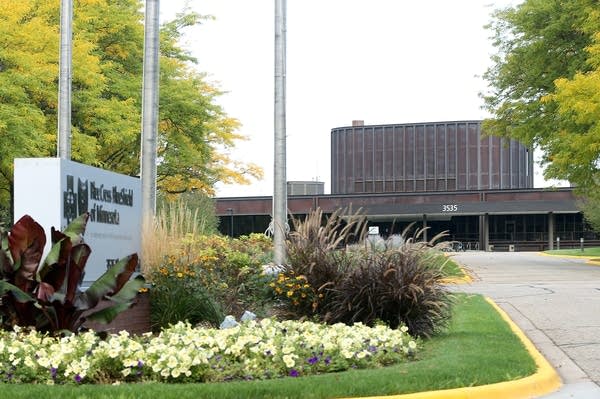COVID-19 crisis as a catalyst for innovation and equity in health care

The headquarters of Blue Cross and Blue Shield in Eagan in September 2014. In the past three months amid the COVID-19 pandemic, Blue Cross Blue Shield of Minnesota CEO Craig Samitt said, telehealth appointments have increased 100-fold.
Jim Mone | AP 2014
Go Deeper.
Create an account or log in to save stories.
Like this?
Thanks for liking this story! We have added it to a list of your favorite stories.


